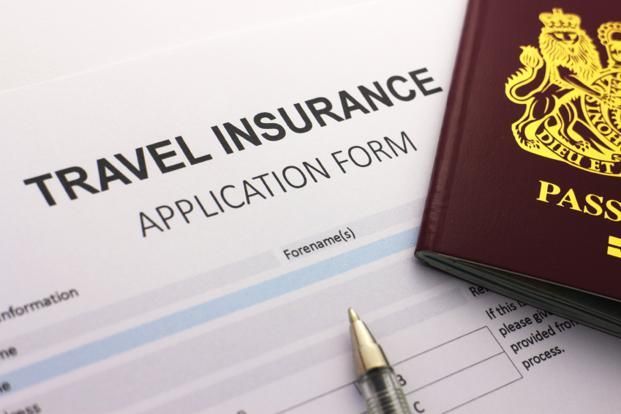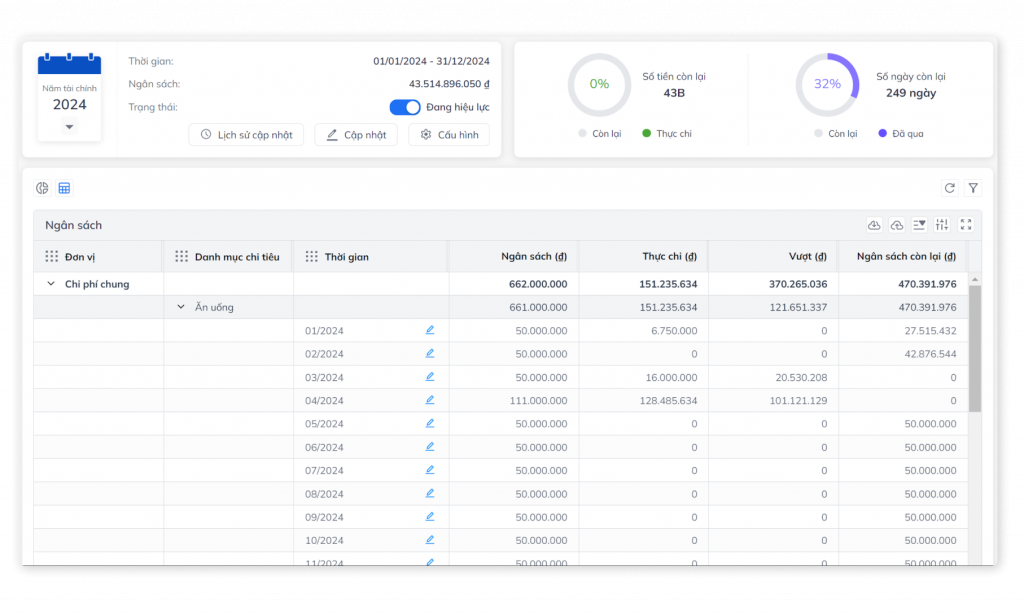A business travel policy is an important part of running a business, especially when it comes to managing business travel and expenses. A clear business travel policy not only helps cost control efficiency while also ensuring the safety of employees when working remotely. Especially in the context of globalization and the development of technology, optimizing these processes becomes more important than ever.
In this article, we will learn about best practices and management in building an effective business travel policy, how to control costs during business trips, and ensure employee safety.
1. The importance of work policy
A business trip policy is not only a set of rules to guide employees on business trips, but also a tool to help companies control costs, improve work efficiency and ensure employee safety. A good business trip policy will help companies control expenses incurred during the trip, thereby optimizing the budget for business trips.
This policy also needs to be flexible to meet work needs, while fully complying with national legal regulations, helping the company avoid unwanted legal risks.
2. Basic requirements when building work policies
To effectively control costs, work policies need to be built on a clear, detailed and easy-to-understand foundation. The basic requirements when building a work policy include:
- Determine the scope and subjects of application: The employment policy must specify who it applies to. In this case, the policy will apply to all company employees, including both senior and junior employees, depending on the regulations of each company.
- Purpose of trip: The policy should clearly define the purpose of the business trip. This is an important factor in classifying business trips into groups: business travel, conferences, training, or strategic business trips. Each type of business trip will have different expense regulations.

- Details of business expenses: The policy should specify what types of expenses will be reimbursed by the company, including airfare, hotel, transportation, meals, and other business expenses such as phone and internet charges.
- Approval process: To ensure cost control, the policy should provide a clear travel approval process. This process may include completing a travel request form, requesting approval from management, and obtaining confirmation from the finance department.
- Cost Limit: The policy should set a limit for each type of expense (such as the cost of a meal, a night at a hotel, etc.). This will help the company control the budget and avoid unnecessary expenses.
3. Control business expenses
One of the most important parts of a business travel policy is controlling business travel costs. To effectively control costs, a company needs to:
3.1. Choosing a service provider
Choosing service providers such as airlines, hotels, and car rental services is an important factor in controlling costs. Companies should work with reputable suppliers to negotiate reasonable prices, as well as ensure quality service for employees during the trip.
Companies should also establish a list of preferred suppliers and require employees to follow it. This will help the company manage prices and get special offers from suppliers.
3.2. Use the business travel and expense management tool
Today’s technology has simplified the process of managing business travel and expenses. Companies can use management software like Bizzi Expense to track expenses, schedule travel, and process approvals. These tools help reduce errors and ensure compliance with expense policies.
These tools also provide the ability to track expenses incurred during the trip, helping businesses easily manage their business budget.
3.3. Refund process
The travel policy should also outline the reimbursement process for employees using personal expenses for business purposes. The reimbursement process should be simple and transparent, making it easy for employees to submit expense receipts and receive reimbursement quickly.

3.4. Optimize expenses
To effectively control costs, companies can ask employees to optimize their expenses during travel. For example, employees can be asked to choose cost-effective transportation or book hotel rooms at reasonable prices.
4. Responsibility for ensuring safety for employees
A business travel policy should not only help control costs, but also ensure the safety of employees during their travels. Safety factors for business travel may include:
- Assess risk factors at destination: Companies need to conduct risk assessments when sending employees on business trips to high-risk locations. This includes factors such as political situations, natural disasters, epidemics, and other natural hazards.
- Provide insurance for employees: An important part of a business travel policy is protecting employees through comprehensive insurance packages, including health insurance, accident insurance and trip cancellation insurance.

- Regular safety updates: The company needs to continuously update information on security, health and unexpected events in the localities where employees work.
- Monitoring and emergency support: Providing employee location tracking tools and maintaining 24/7 communication will help the company quickly provide support in case of emergency.
5. Improve regular work policies
An effective work policy is not established once but needs to be reviewed and updated regularly. Companies need to listen to feedback from employees and managers to improve expense regulations, approval processes, and safety factors.
Policies need to reflect changing work demands, technological developments, and new legal factors.
6. Benefits of building a strong work policy
Developing and implementing a clear and transparent work policy brings many benefits to the business. Here are some of the notable benefits:
6.1. Better cost control
Business travel policies help control travel budgets, avoid unnecessary expenses and optimize costs for the company. Expenses such as airfare, hotels, meals and transportation will be strictly managed, ensuring they do not exceed the prescribed level.
6.2. Ensure employee safety
Business travel policies protect the safety of employees while they are traveling. Factors such as insurance, emergency information, and risk prevention measures give employees peace of mind when traveling for work, especially in high-risk locations.
6.3. Increase work efficiency
Clear work policies help employees understand work processes, cost requirements, and company expectations. This helps them focus on their core work, while increasing productivity and efficiency.
6.4. Minimizing legal risks
Compliance with legal regulations related to work helps businesses avoid legal risks such as disputes over costs or violations of employee rights. Clear policies also help companies properly fulfill their obligations to protect employee rights.
6.5. Strengthening relationships with partners
Business travel policies help maintain strong relationships with service providers such as hotels, car rental companies, and airlines. Businesses can negotiate favorable rates and ensure quality service for employees.
7. Bizzi Expense – A solution to support businesses in building business travel policies, managing business trips and comprehensive business travel expenses
Bizzi Expense provides businesses with an effective solution to build and manage comprehensive travel policies with features such as:
- Develop detailed business travel policies: Support businesses in establishing clear regulations on business travel expenses for each type of work, department, or project.

- Automate business expense approval process: Make it easy for managers to approve expenses, ensure all expenses comply with established policies, and limit inappropriate expenses.
- Real-time business trip expense tracking and reporting: Provides real-time expense monitoring capabilities, helping businesses understand the costs incurred on each business trip.
- ERP Integration: Ensures data synchronization with the enterprise's ERP system, making reporting and cost management accurate and consistent.
- Comprehensive travel expense management: Bizzi Expense supports monitoring and analysis of overall travel expenses, from budgeting to expense approval and reporting, helping to optimize your business travel budget.
8. Conclusion
A business travel policy is an important tool for businesses to control costs and ensure employee safety. Developing an effective business travel policy requires careful consideration and flexibility to meet the needs of the company. To optimize costs, companies need to focus on selecting suppliers, using travel management tools, and ensuring employee safety during business trips.
If your business is looking for a solution to optimize business travel policies and control costs, travel expense management software like Navan can help you automate and simplify this process.
Monitor Bizzi To quickly receive the latest information:


